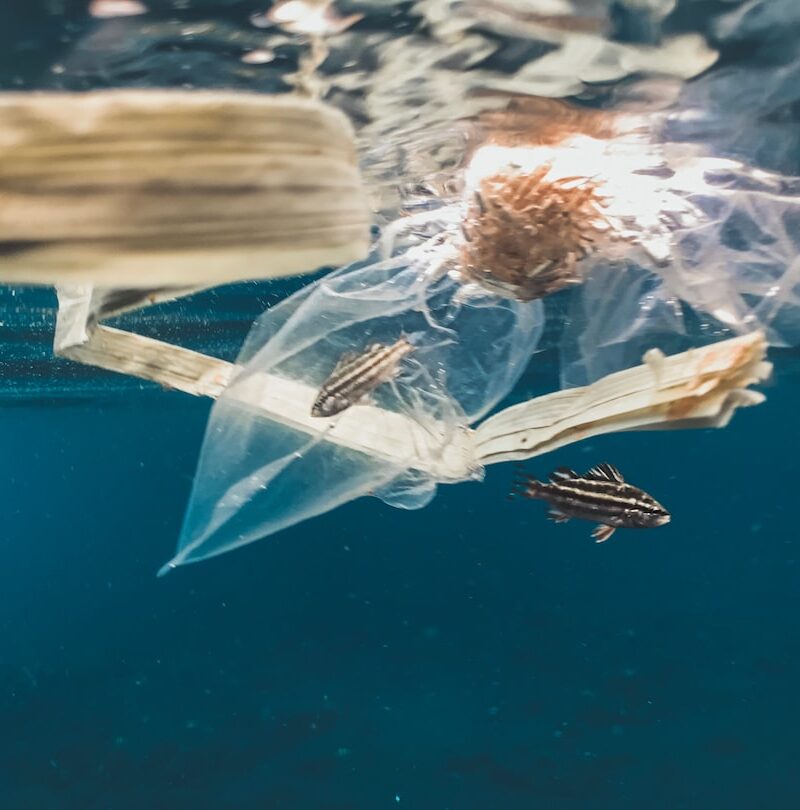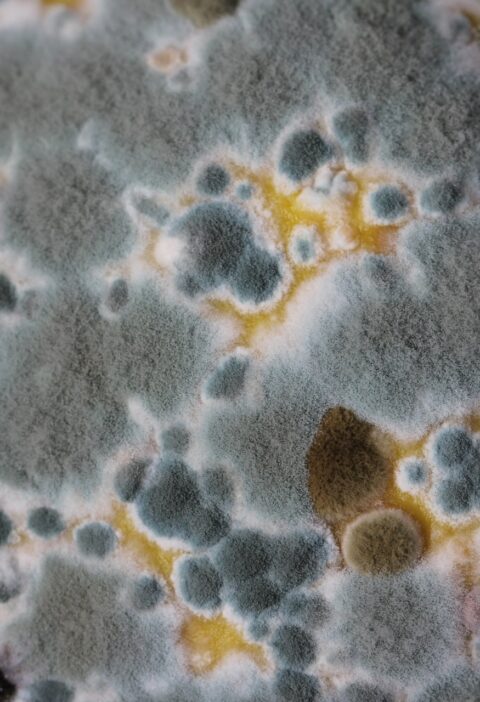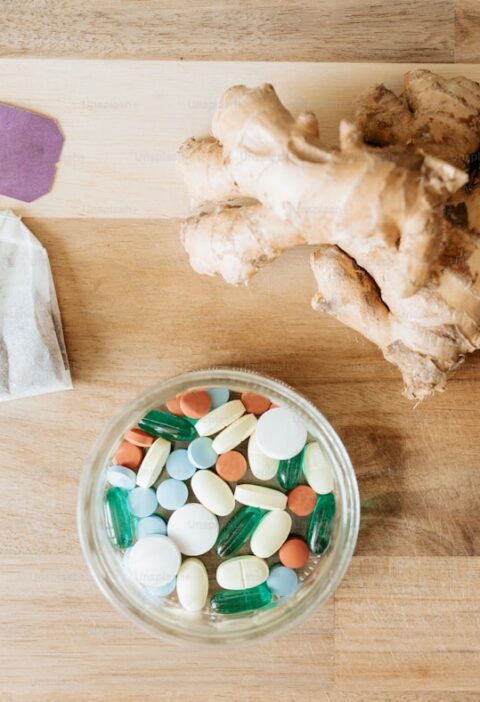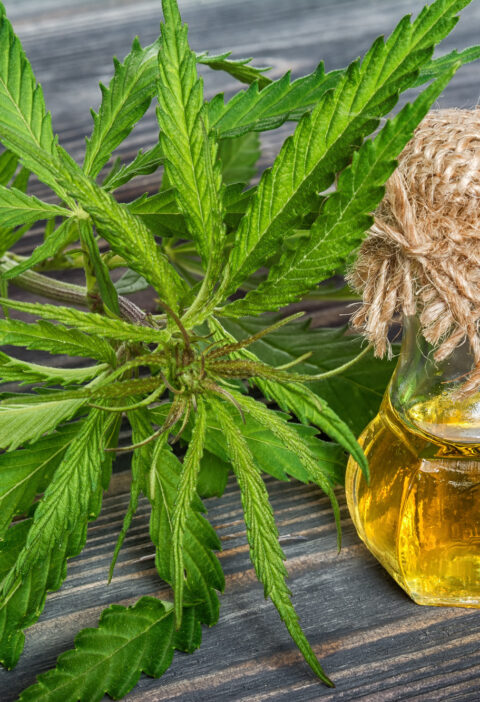Pollution of the oceans with human trash has been an issue for many years, but in the last decade there have been particularly alarming trends that need to be addressed. Human trash comes in a variety of forms, from plastics and other debris to sewage and industrial waste, all of which can have drastic impacts on marine ecosystems. The consequences of ocean pollution are both short-term and long-term, making it essential to act now before it is too late.
In recent years, plastic pollution has become one of the most pressing issues facing our oceans. It is estimated that 8 million metric tons of plastic enter our ocean annually, with 5 trillion pieces already present in the seas around the world. Plastic accumulates in certain areas due to ocean currents and debris from ships and fishing vessels can create massive garbage patches that cover massive swaths of water. This has led to problems such as entanglement for wildlife, including fish, turtles, dolphins, whales and seabirds who consume or get caught up in plastic materials.
The most visible form of plastic pollution may be bottles and packaging floating around on the ocean’s surface but this is only part of the problem. Microplastics are tiny particles which come from larger items such as bags or bottles when they break down over time. These microplastics can work their way into sea creatures’ digestive systems and ultimately end up on our plates when we consume seafood. As a result, humans are exposed to toxic chemicals found in these plastics which can cause health issues like hormonal imbalances or even cancer when consumed over time.
Sewage pollution also poses a major threat to our oceans. Around 80 percent of global wastewater simply flows back into rivers or directly into oceans without any form of treatment. This untreated wastewater contains dangerous bacteria which can lead to serious health risks for humans, while also destroying natural habitats by suffocating coral reefs through excessive nutrients which trigger algal blooms that block light from reaching them. This process starves out nearly all life within these reefs leading to dead zones where no marine life exists any longer.
Industrial waste is another major source of contamination for ocean waters which often contains heavy metals such as mercury or arsenic which build up in aquatic organisms over time after being absorbed through their gills or skin leading again to death zones devoid of life below the surface. Additionally, oil spills cause immense damage whether due to accidental leakage or intentional dumping left behind by cargo ships which contain some hazardous materials such as fuel oil mixed with chemicals like ammonia or sulfuric acid often used for cleaning containers before refilling them with new cargo contents..
Fortunately there are steps that governments and individuals alike can take to help reduce the amount of human trash entering our oceans each day – things like limiting single use plastics wherever possible or avoiding personal care products containing microbeads; using phosphate free detergents; better managing sewage systems; implementing regulations limiting industrial emissions; enforcing tighter laws against illegal dumping; encouraging alternative transportation options such as carpooling or public transit; properly disposing trash generated at home rather than flushing them down toilets; participating in beach trash cleanups; supporting businesses committed to sustainability initiatives – just some examples among many others that together could make a big difference if we all put forth effort towards protecting our Earth’s precious sea life!
The amount of human-generated trash polluting our oceans is reaching a crisis point and requires urgent action. We must take steps to reduce plastic, sewage, and industrial waste entering our seas in order to protect marine life and preserve the delicate balance of our ocean ecosystems. Luckily, there are things that individuals, businesses, and governments can do now to help prevent further damage and restore the health of our precious oceans for generations to come. With collective effort we can make a world of difference!







